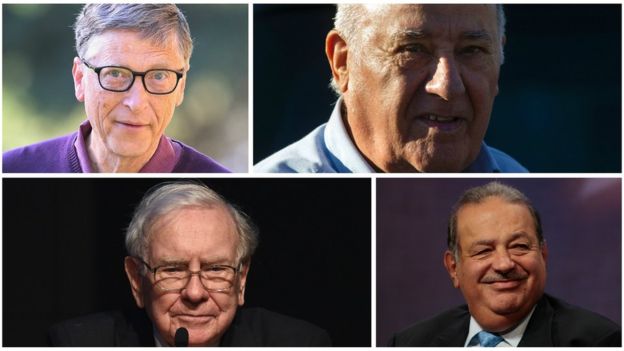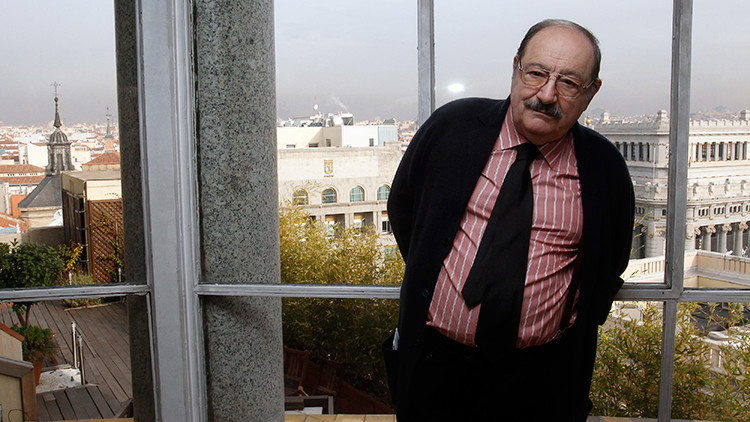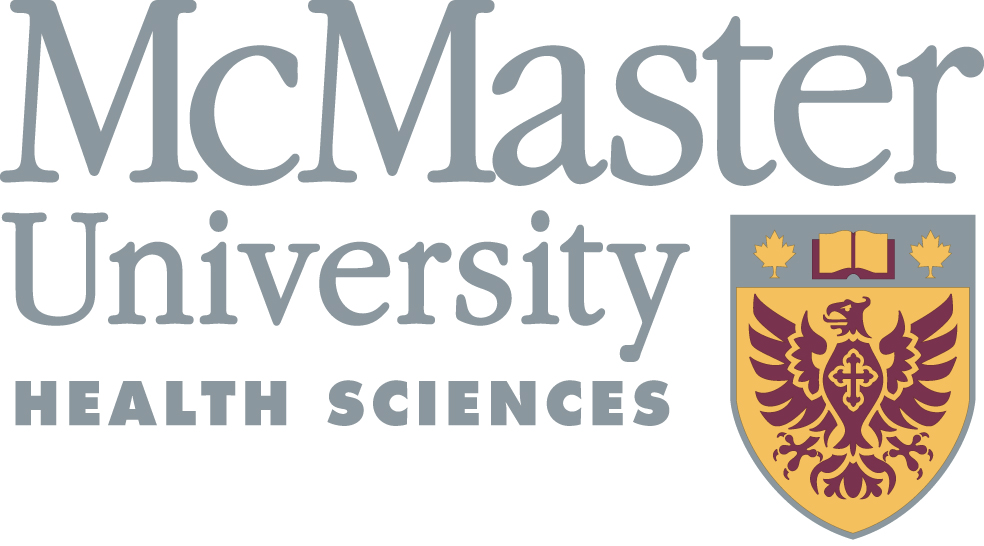Categories
- Country (113)
- Deportes (6)
- Fútbol (2)
- Docencia (77)
- Competividad (1)
- Dinero (7)
- Familia (3)
- Freedom of Speech (1)
- Games (1)
- Gobierno Abierto (4)
- Justicia y Leyes (7)
- Music (4)
- Open Source (15)
- Privacidad (1)
- Religion (1)
- Salud (17)
- Sistema Educativo (8)
- Smart City (9)
- Soluciones (1)
- eLearning (1)
- Money, Sex & Power (15)
- Bitcoin Price (1)
- Bussiness Model (5)
- Science & Technology (67)
- 3D Printing (1)
- Artificial Intelligence (6)
- Augmented Reality (2)
- Autopilot (4)
- Blockchain (5)
- Hardware (1)
- Plataform (5)
- Programming (7)
- Robot (2)
- Software (22)
- Tools (2)
- Video Games (5)
- Water (1)
- Uncategorized (798)
- World (83)
- Airlines (4)
- Corruption $ Debt (8)
- Ecology & Polution (3)
- Economics (16)
- Energy (4)
- Farmaceutica (1)
- Financial System (1)
- Food (8)
- Graph & Charts (2)
- Health (23)
- Knowledge (5)
- Maritime (2)
- Military (5)
- Religion (2)
- Traffic (3)
- Transporte (2)
- Water (2)
Tags
3D Kit (4) Abandonware (2) ACP (2) Alan García (2) APRA (2) BeOS (16) Centos (2) Corona Virus (4) CriptoChico (3) Cuello (2) Download (3) Drone (2) Emulator (5) Facebook (6) Foul (3) Fútbol (2) Hackintosh (5) Hayek (2) Hemp (2) IDAAN (2) Linux (3) LiveCode (2) LoRaWAN (2) MacOS (4) Market Capitalization (4) Odoo (11) Ollanta Humala (2) Orthotropics (2) PowerPC (3) Revolution (6) Robot (2) Snap (2) StarCraft II (3) Tesla (2) Tools (4) ToScrap (3) Trigger Point (12) Uber (4) Virtual Machine (3) Water Treatment Solutions (2) Water War (3) WebSite (9) WEF (2) Wish List (2) WordPress (3)-
Recent Posts
Recent Comments
Category Archives: Docencia
[2018-09-07] ¿Por qué tenemos 12 notas musicales? | Música y matemáticas – LemnisMath
Posted in Music
[2018-01-22] “El 1% de los ricos del mundo acumula el 82% de la riqueza global” (y las críticas a estas cifras de Oxfam) – BBC News Mundo
La brecha entre los superricos y el resto del mundo se agrandó el año pasado, asegura la organización Oxfam, y ahora 42 individuos tienen tanto dinero como la mitad más pobre del planeta. No todos, sin embargo, están de acuerdo con los cálculos de la organización.
La riqueza del mundo no sólo sigue en manos de una pequeñísima minoría sino que, el año pasado, la brecha entre los superricos y los pobres se agrandó aún más.
Esa es la afirmación de la organización caritativa británica Oxfam, que asegura que 82% del dinero que se generó en el mundo en 2017 fue al 1% más rico de la población global.
Mientras tanto, la mitad más pobre del planeta no vio ningún incremento en sus ganancias, afirma la organización.
Oxfam dice que las cifras -que algunos críticos cuestionan- muestran un sistema fallido.
La ONG responsabiliza de esta desigualdad a la evasión de impuestos, la influencia de las empresas en la política, la erosión de los derechos de los trabajadores y el recorte de gastos.
Posted in Dinero
[2018-08-09] The Industrial Revolution | BBC Documentary
The Industrial Revolution was one of the greatest transformative moments in history, revolutionising the way humans worked, how they ordered their societies and how they thought about their lives all over the world. But was it really a happy coincidence that a handful of geniuses unleashed the fruits of their inventiveness on a grateful nation at roughly the same time? And if so why did it happen in Britain as opposed to France or Germany or even the United States? Told with an international perspective, Professor Jeremy Black explores how a unique international position allowed 19th century Britain to become the richest, most powerful nation on earth and to set in motion the changes that soon swept over the planet.
Posted in Dinero
[2016-01-30] BBC Masters of Money Karl Marx HD – BBC
Stephanie Flanders examines one of the most revolutionary and controversial thinkers of all. Karl Marx’s ideas left an indelible stamp on the lives of billions of people and the world we live in today. As the global financial crisis continues on its destructive path, some are starting to wonder if he was right.
Marx argued that capitalism is inherently unfair and therefore doomed to collapse, so it should be got rid of altogether. Today as the gap between rich and poor continues to cause tension, his ideas are once again being taken seriously at the heart of global business.
Stephanie travels from Marx’s birthplace to a former communist regime detention centre in Berlin and separates his economic analysis from what was carried out in his name. She asks what answers does Marx provide to the mess we are all in today.
Posted in Dinero
[2017-06-23] Money, happiness and eternal life – Greed (director’s cut) – DW Documentary
Can money and power ever make us happy? How much is enough? Our constant desire for more is part of our human nature.
Some call it a useful dowry of evolution, others a fault in the human genetic make-up: The old mortal sin Greed seems to be more ubiquitous than ever. Why can’t people ever get enough, where is this self-indulgence leading – and are there any ways out of this vicious circle of gratification?
“People like to have a lot of stuff because it makes them the feeling of living forever,” says American social psychologist Sheldon Solomon, who believes today’s materialism and consumerism will have disastrous consequences.
Anyone who fails to satisfy his or her desires in this age of the Ego is deemed a loser. But with more than 7 billion people on the Earth, the ramifications of this excessive consumption of resources are already clear. Isn’t the deplorable state of our planet proof enough that “The Greed Program,” which has made us crave possessions, status and power, is coming to an end? Or is the frenzied search for more and more still an indispensable part of our nature? We set off to look for the essence of greed. And we tell the stories of people who – whether as perpetrators or victims or even just as willing consumers – have become accomplices in a sea change in values.
Check out our web special:
http://www.dw.com/en/tv/greed/s-32898
Posted in Dinero
[2015-06-17] Umberto Eco: “Las redes sociales le dan el derecho de hablar a legiones de idiotas” – RT
“Las redes sociales le dan el derecho de hablar a legiones de idiotas que primero hablaban sólo en el bar después de un vaso de vino, sin dañar a la comunidad. Ellos rápidamente eran silenciados, pero ahora tienen el mismo derecho a hablar que un premio Nobel. Es la invasión de los imbéciles”, afirmó Umberto Eco, según informa el diario ‘La Stampa’.El drama de Internet es que ha promovido al tonto del pueblo como el portador de la verdad”Si la televisión había promovido al tonto del pueblo, ante el cual el espectador se sentía superior”, el “drama de Internet es que ha promovido al tonto del pueblo como el portador de la verdad”, asegura Eco. El año pasado el escritor y filósofo italiano admitió que “no se puede frenar el avance de Internet”. En aquel entonces, Umberto Eco señaló que el problema de la Red “no es solo reconocer los riesgos evidentes, sino también decidir cómo acostumbrar y educar a los jóvenes a usarlo de una manera crítica”.
Source: Umberto Eco: “Las redes sociales le dan el derecho de hablar a legiones de idiotas” – RT
Posted in Freedom of Speech
[2014-10-03] The Secrets of Sugar – the fifth estate – CBC News
We’ve heard for years about the dangers of eating too much fat or salt. But there have never been recommended limits for sugar on Canadian food labels, despite emerging research that suggests the sweet stuff may be making more of us fat and sick. In the fifth estate’s season premiere, Gillian Findlay digs into the surprising science — and the reaction from the food industry — to reveal The Secrets of Sugar. Has the sugar industry been hiding an unsavoury truth from consumers?
A small but influential group of medical researchers is stirring up the health debate, linking sugar not just to rising obesity rates but also to a host of diseases including cancer, heart disease and Alzheimer’s.
We put a family of four on a healthy diet to try to beat their sugar habit and track the surprising results. We talk to leading scientists – and their critics. And we ask the food industry why those ingredient labels are far from clear when it comes to how much sugar is really on your plate.
Original airdate : October 4th, 2013



